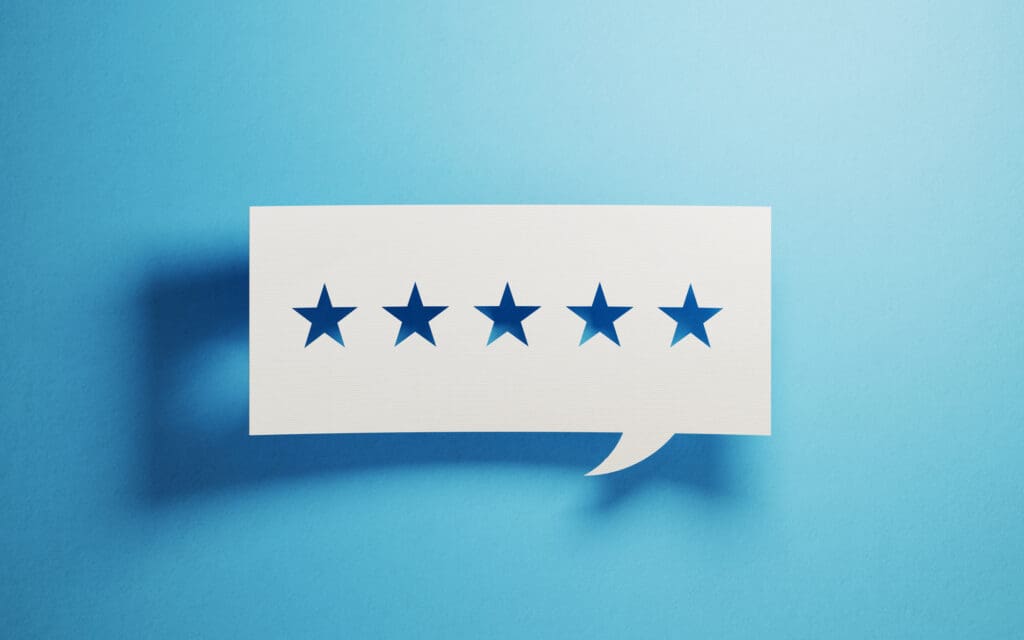Why VW’s “Voltswagen” Joke Didn’t Work

On April 1, dozens of companies made light-hearted jokes about their companies like they do every year. Chip Cookies announced a burger with cookies as buns, Velveeta announced a skincare line, and BMW poked fun at its customers by announcing the removal of turn signals, “the most underutilized feature on every BMW.”
Volkswagen’s joke for 2021 was to announce a rebrand from Volkswagen to “Voltswagen,” a nod to the company’s new commitment to electric vehicles. Jaguar, General Motors, and Volvo have already announced plans to phase out fossil-fuel-powered vehicles entirely, so it wouldn’t have been completely surprising to see Volkswagen follow suit. But unlike the rest of these April Fools’ Day pranks, Volkswagen’s fell flat. Here’s where they went wrong.
The Line Between Pranking and Lying
First of all, Volkswagen announced the change on March 29, not April 1. Readers and news outlets expect April Fool’s jokes from major companies on April 1, so Volkswagen was already implying that the announcement was real with the timing of its release.
VW also went through the process of creating a detailed press release, new logo, and internal quotes explaining their reasoning and motivation. All of this is par for the course for such large-scale pranks — Google often builds detailed websites for their jokes — but when major news outlets like USA TODAY, the Associated Press, and The Washington Post called to confirm the story, they were told that it was not a joke. It wasn’t until a day later that VW admitted they had deceived people and that the story wasn’t real.
Volkswagen’s Ugly History
The joke is even less funny when you consider Volkswagen’s history. In 2017, Volkswagen — which had, for years, been touting the almost unbelievably low emissions numbers from their diesel cars — admitted that they had been cheating emissions tests across the globe.
Worse still, the fudged numbers were completely intentional. Essentially, VW had created software tools in their diesel cars that allowed the cars to tell when they were being tested as opposed to driven normally. The scandal affected more than $10 million cars and cost the carmaker more than $30 billion in lawsuits, not to mention the untold damage to the environment.
Given VW’s ugly history, jokes about creating cars with zero emissions seem to be in very poor taste. Worse still, the fact that the story isn’t real is just a reminder that Volkswagen continues to create pollution-emitting cars.
Read the Room
Some major companies (like Google and T-Mobile) opted not to make an April Fool’s joke this year, citing an unprecedented environment of misinformation and the ongoing pandemic. While plenty of companies were still able to walk the line between joking and deception, Volkswagen made some crucial mistakes:
- Timing: if they’d simply made the announcement on April 1, people would have been more skeptical that it was real
- Lying to reporters: reporters rely on the reliability of press releases to do their jobs, and companies rely on the willingness of reporters to relay stories to gain attention and good PR. By chipping away at that trusting relationship, VW undermined the confidence of the people who cover it.
- Subject matter: if VW had joked that they were releasing a plug-in hybrid with a very long extension cord so you can charge while you drive, everyone would have known they were joking. Instead, they picked a subject that people have a strongly vested interest in. If VW ever does decide to go all-electric, who will believe them?
The timing and nature of the joke might even land VW in hot water with the SEC — since the public was assured that the announcement was serious, investors reacted accordingly and Volkswagen’s stock rose nearly five percent on the day of the announcement.
The Lesson
First, don’t feel obligated to join in the joking on April Fool’s Day or any other day. If your company is known for seriousness or already has a tenuous track record with your customers, the attention garnered from a joke might not be worth the risk of eroding their trust. Second, if you are going to joke about major brand changes, make sure everyone knows it’s a joke. Keep your ideas whimsical and lighthearted and your customers will be happy rather than annoyed.





